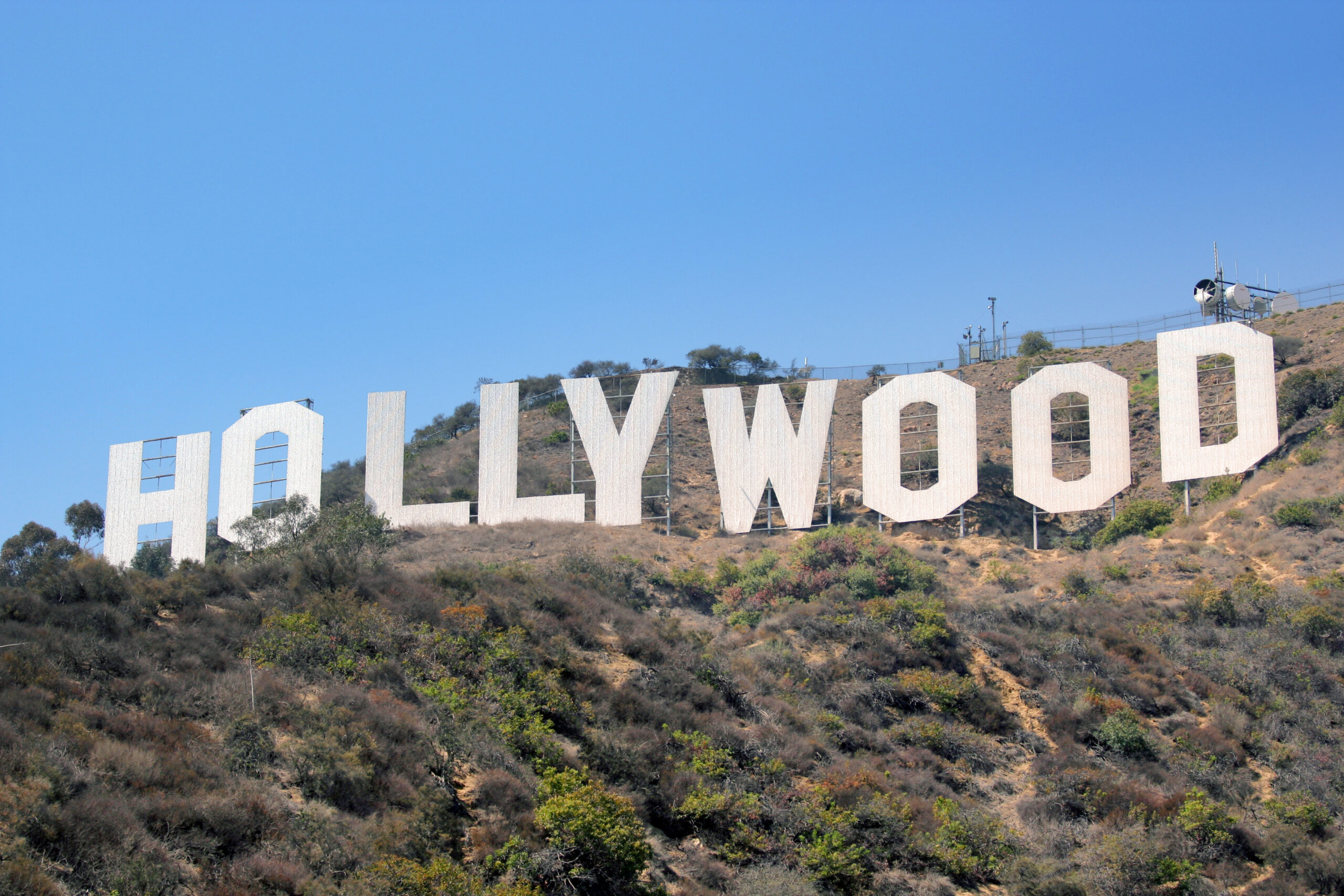U.S. Screenwriters Announce Tentative Agreement with Studio Executives, Paving the Way to End Nearly Five-Month-Long Strike
The Writers Guild of America (WGA) has revealed that a tentative deal has been reached with studio leaders in what they describe as an “exceptional” agreement, offering substantial benefits and safeguards for writers. However, the final decision rests with WGA members.
The strike by Hollywood writers has been primarily driven by disputes over compensation and the utilization of artificial intelligence (AI) within the entertainment industry.
Notable shows such as ‘Stranger Things’ and ‘The Last of Us’ have experienced production interruptions as a result of the ongoing strike.
This marks the lengthiest strike to hit Hollywood in decades, leading to the suspension of most film and television productions. Concurrently, another dispute involving actors has also led to a strike.
Commencing on May 2nd, the writers’ walkout has taken a substantial toll on the U.S. economy, with estimates from economist Kevin Klowden at the Milken Institute putting the cost at around $5 billion (£4.08 billion).
Numerous flagship American shows, including ‘Billions,’ ‘The Handmaid’s Tale,’ ‘Hacks,’ ‘Severance,’ ‘Yellowjackets,’ ‘The Last of Us,’ ‘Stranger Things,’ ‘Abbott Elementary,’ and various daytime and late-night talk shows, have been forced to cease production due to the ongoing dispute.
Apart from concerns related to compensation, writers are apprehensive about the potential displacement of their craft by artificial intelligence.
Negotiations also faltered over staffing levels and the royalties paid to writers for successful streaming shows. Writers argue that these residuals represent only a fraction of the earnings they would typically receive from a broadcast TV program.
Historically, writers would receive supplementary payments when their shows were rerun on broadcast networks. However, this model became less viable with the rise of streaming platforms. Consequently, a portion of the payments writers currently receive is designed to compensate for the royalties they no longer receive from broadcast reruns.
The WGA leadership and its union members must reach a consensus on a three-year contract with the Alliance of Motion Picture and Television Producers (AMPTP) before resuming work.
While the guild’s communication regarding the proposed agreement noted that specific terms still required finalization, it did not declare an end to the strike. However, it did announce the suspension of WGA picketing as of today.
The strike has had a ripple effect across various sectors of the entertainment industry, affecting businesses such as catering services, costume suppliers, carpentry services, and camera operators.
In recent days, there has been a significant boost in the negotiation process, with top executives from Netflix, Disney, Universal, and Warner Bros. Discovery personally participating in the discussions.
Actors, represented by the formidable 160,000-member SAG-AFTRA performers’ union, initiated their strike in mid-July.
The union expressed its admiration for the striking writers’ achievements and commended their remarkable 146 days of unwavering strength, resilience, and unity.
Their statement further acknowledged, “From the very start of the WGA strike, Sag-Aftra members have stood shoulder-to-shoulder with the writers on the picket lines.
“We remain on strike in our TV/Theatrical contract and continue to urge the studio and streamer CEOs and the AMPTP to return to the table and make the fair deal that our members deserve and demand.”
“California’s entertainment industry would not be what is today without our world class writers.” Said The governor of California, Gavin Newsom.
“I am grateful that the two sides have come together to reach an agreement that benefits all parties involved, and can put a major piece of California’s economy back to work.”



